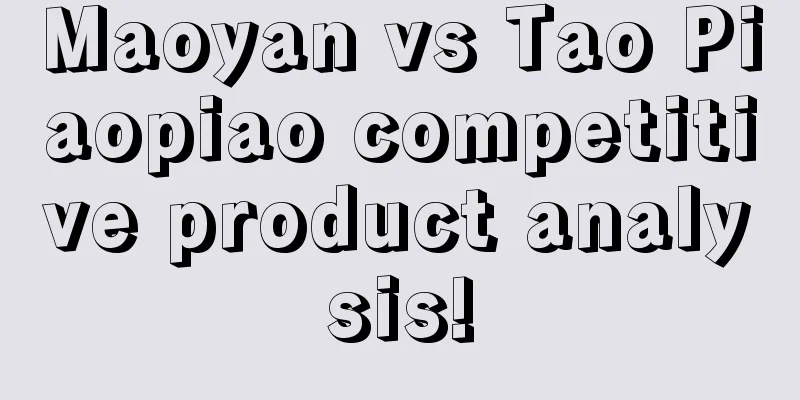"Healthy through eating" series | Is instant noodles "junk food"? Four misunderstandings to know

|
Since its invention, instant noodles have been loved by young consumers. They are easy to process and can be eaten with hot water, which greatly facilitates the lives of consumers. Many people love to eat them and have developed many new ways to eat them. However, many people hate instant noodles and think they are junk food. The most classic saying is "it takes 32 days for the liver to detoxify after eating a bowl of instant noodles." Is this statement correct? Is instant noodles really junk food? Let's explore it together. 1. The difference between instant noodles and junk food Instant noodles are also known as fast food noodles, instant noodles, and instant noodles. In a broad sense, they refer to a type of noodle food that can be cooked in hot water in a short time. In a narrow sense, instant noodles usually refer to finished products consisting of noodles, seasoning packets, and oil packets. They are mostly packaged in bags, cups, and bowls on the market. Instant noodles contain nutrients such as fat, carbohydrates, protein, and sodium, but they are relatively simple. All foods are nutritious, but the content is different. The concept of "junk food" is relative, usually referring to burnt, high-fat, high-salt, and high-sugar foods, which provide more calories than the human body needs and become redundant. Eating too much of this kind of food will make people malnourished and easily lead to obesity. 2. Misunderstandings about instant noodles Myth 1: Instant noodles are fried in gutter oil Some people claim that the oil used in instant noodles is unclean and is gutter oil. In fact, palm oil is used to fry noodles. It is a safe and nutritious edible oil that meets the relevant food safety standards and has good frying stability and oxidation stability. Experiments have shown that there is no difference between palm oil and olive oil in the effects on human blood lipids, and the regulating effects on blood lipids are almost the same. Frying is just a way of processing food. As long as you don't eat it all the time, it will not affect your health. Myth 2: Instant noodles have no nutritional value The main ingredients of instant noodles are wheat, flour, palm oil, seasoning sauce and dehydrated vegetable leaves. The nutritional content is relatively simple. In fact, not only instant noodles, but also breast milk, no other food can provide comprehensive nutrition, and no one can fully meet the nutritional needs of body growth and development by eating only one food. Instant noodles, steamed bread, rice and other staple foods contain incomplete nutrients, but they cannot be called without nutrition. Myth 3: Instant noodles contain a lot of preservatives Some people claim that a lot of preservatives are added to instant noodles, so they can be preserved for a long time. In fact, for the purpose of long-term storage, the noodles and material packages of instant noodles are dehydrated to a certain extent, and coupled with the industrial-scale heating sterilization process and packaging, it is difficult for microorganisms to grow and reproduce in this state. Moreover, the amount of preservatives and additives added to instant noodles is also strictly implemented in accordance with national standards, so there is no situation where they contain a lot of preservatives. Myth 4: Instant noodles are difficult to digest and can cause cancer The main ingredient of instant noodles is flour, and the production process is mostly the same as that of handmade noodles. The difference is that in industrial-scale production, manual production has been replaced by machine mixing and rolling. Therefore, whether it is hand-made hot air drying or machine frying and drying, instant noodles are unlikely to be more difficult to digest and absorb than handmade noodles. Although instant noodles do not contain many nutrients needed by the body, they cannot be equated with "junk food". When we use instant noodles as a staple food, we can eat some fruit after the meal to supplement the nutrients needed by the body and ensure the diversification of daily diet intake. Author: Cai Wenjin, Henan University of Science and Technology **Audit expert: ** Wang Yao, Associate Professor of the School of Food and Bioengineering, Henan University of Science and Technology |
>>: In the north, the flower language of cabbage is that winter is coming...
Recommend
In 1952, three stars disappeared at the same time, and astronomers still haven't figured out why.
For most people, the starry sky is eternally bril...
Condor Capital: Q2 2023 Robotics Report
Condor Capital released its “Q2 2023 Robotics Rep...
Three key factors that determine the success or failure of the 2015 mobile chip war
The MWC2015 World Mobile Communications Exhibitio...
Douyin Ecosystem Full Service User Manual
In this article, the author will describe Douyin’...
Just move your fingers and you will receive money! Tutorial on how to use the Personal Income Tax App to refund your taxes
[[385029]] Personal income tax refunds are availa...
Facebook Marketing: 9 Tips to Help You Take Advantage of 2 Billion Users
In 2004, Mark Zuckerberg , a sophomore at Harvard...
9 factors that affect the quality of Baidu bidding keywords!
1. Relevance (make sure that no matter which keyw...
What specific services does server hosting provide?
With the development of the Internet today, many ...
Want to increase your followers through social media fission? Just follow these 9 steps
Social fission is currently a popular technique f...
One picture, write Durex-style hot copy
“The hotspot is here again!” If you remain indiff...
WeChat Reading APP Product Analysis
With the rise of national reading, WeChat has als...
The world's first shot!
On May 1, the clinical study of the inactivated C...
Disease control experts remind: Pay attention to these common infectious diseases on campus in spring!
Recently, children have bid farewell to their win...
The most complete car buying guide in history, help you avoid pitfalls and save money Baidu Cloud download
The most complete car buying guide in history, he...
IDC: Global AI Servers Exceed 40 Billion for the First Time in the First Half of 2021
The report shows that in the first half of 2021, ...









